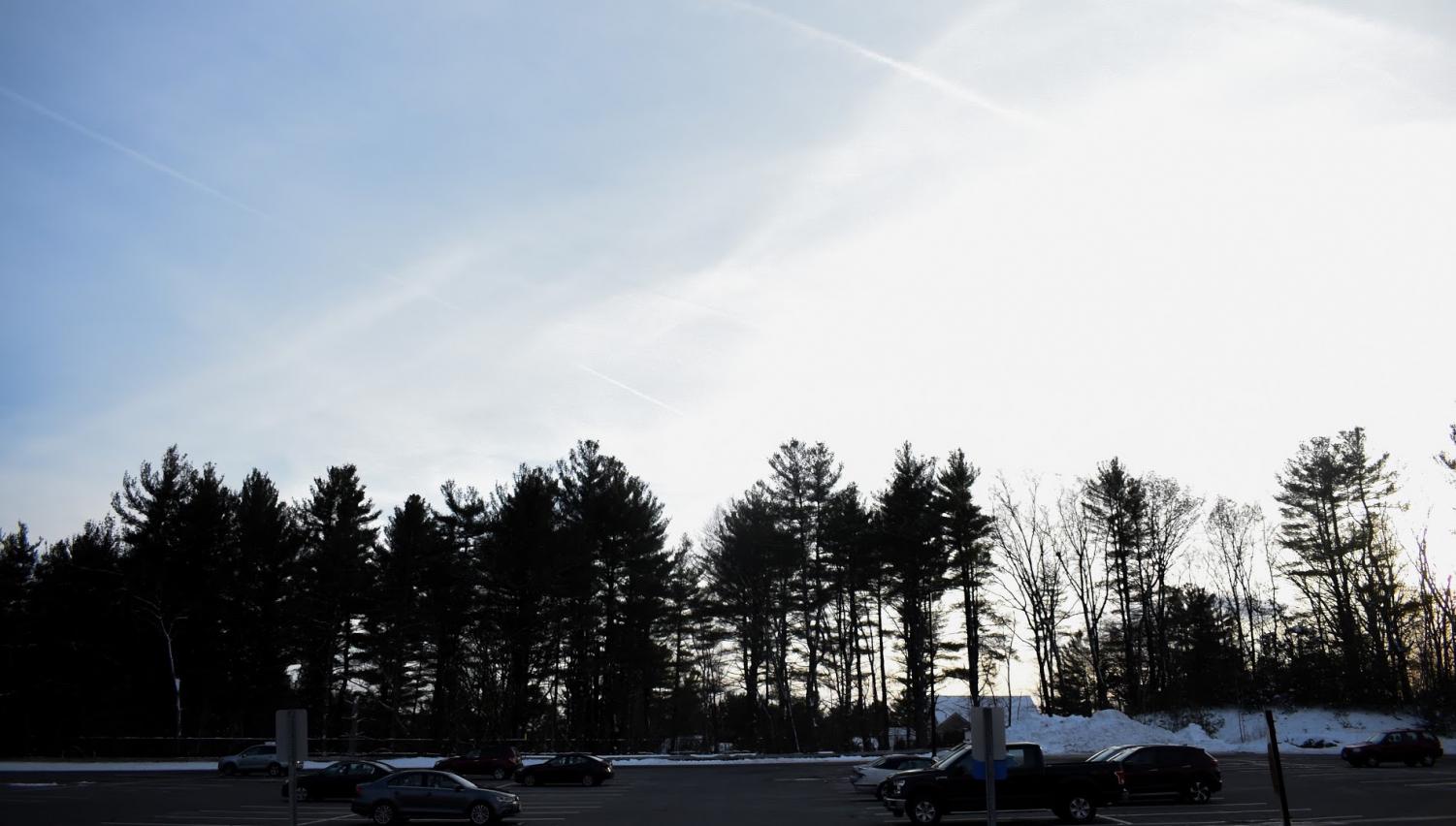One hundred dollars per semester, 350 students, 70 thousand dollars per year.
This is the average annual revenue made from parking permits. Where does this money go, and why do so few people have access to this information? Senior Olivia Truong is in the process of investigating where these funds are allocated for a project in her Science Innovations class.
Many students criticize the price of parking permits, especially compared to other local schools.
“Sharing the feelings of many other students and parents, I feel as though the parking permits at Algonquin are excessive to say the least,” senior Jack Gingrich said. “One hundred dollars a semester is asking far too much of a high school student, or family, on a tight budget.”
Truong believes discontent and complaints among the student body stem from the fact that they do not know what is being done with their money.
“I feel like the reason why everyone is so mad is because they have to pay the 200 dollars a year and they don’t know where their money is going,” Truong said. “If people are aware of what the school does with the money and why people have to pay for that, then it will lessen the anger a lot of students have.”
“I have heard rumors of where the money goes but have never received a concrete answer,” Gingrich said. “I think part of the frustration surrounding the topic stems from the lack of information on where the money goes.”
So far in her research, Truong has discovered that, according to administration, the majority of the money is used for snow plowing and painting lines, as well as other maintenance duties.
“Parking permit revenue goes to the maintenance and upkeep of the parking lots, so that means plowing, or, for example, the speed humps and lights,” Assistant Principal Michelle Tontodonato said. “It would include anything in the parking lot.”
However, some students, such as senior Xiaoying Zheng, harbor doubts about how the numbers add up.
“Yes, maybe some of it goes to plowing,” Zheng said. “Sixty thousand dollars? No. I understand where our other funds go, and I’m okay paying an activity fee, an athletic fee, class dues even, but I think [parking permits are] a way for [the school] to kind of extort money from us.”
Many students believe taxes, not fees, should cover the expenses of parking lot maintenance. According to Truong, this belief is a misconception.
“The reason our taxes don’t pay for it is because Algonquin is a regional school,” Truong said. “They can’t make one town’s – Northborough or Southborough – taxes go towards it. So, that’s why we pay for it.”
As part of her project, Truong captured student sentiments through a survey of 104 juniors and seniors over Google Forms the week of December 1. When asked the question, “Do you believe that the prices for parking permits are fair? Why?,” answers ranged from citing the expensive cost of the permits to trusting that the school is using the money for necessary, safety-related costs.
“I think the parking permits are fine if the money is going towards contributing to the school,” junior Nathan Rhind said.
Overall, the majority of responses vocalized student frustration.
“While I am sure that portions of the money go towards school activities, such as after-school clubs, and clearing the parking lots during the winter, it is unreasonable to take advantage of a student’s ability to drive to create a profitable revenue stream for the school, when other schools have proven that it is possible to function with permits that are priced much lower,” Gingrich said.
Truong looked into parking permit prices at other schools. Nashoba Regional High School curbs its prices at 70 dollars per year, and Tantasqua Regional High School allows students to park free of charge.
Regardless of differing opinions, one theme emerged: 93 percent of students did not know where their money was going and expressed a desire to find out.
“[The administration] needs to be more transparent with not only parking permits, but with all the things they make us pay, just because by not telling us, they’re actually making themselves the enemy in a sense,” Zheng said. “A lot of people complain about not only parking permits, but activity fees, class dues, everything.”
“At the very least, there should be a basic breakdown of what areas of the school the money goes towards,” Gingrich said. “Information that should be included is how many students pay for permits, how much money is brought in from them, an estimate of where significant fractions of the revenue go and summaries explaining how this money helps each cause.”
Truong plans to continue delving into the mystery until she finds answers. Her next step is contacting local line painting and snowplowing companies to determine how much parking lot maintenance costs.
“My main goal is to bring awareness as to where the money is actually going…” Truong said. “We need to clear that up.”



